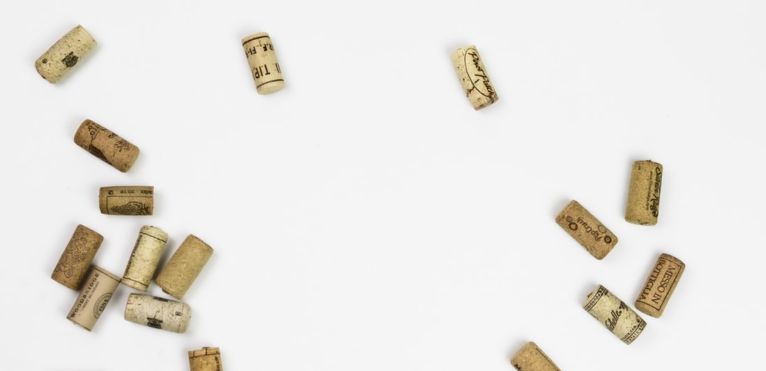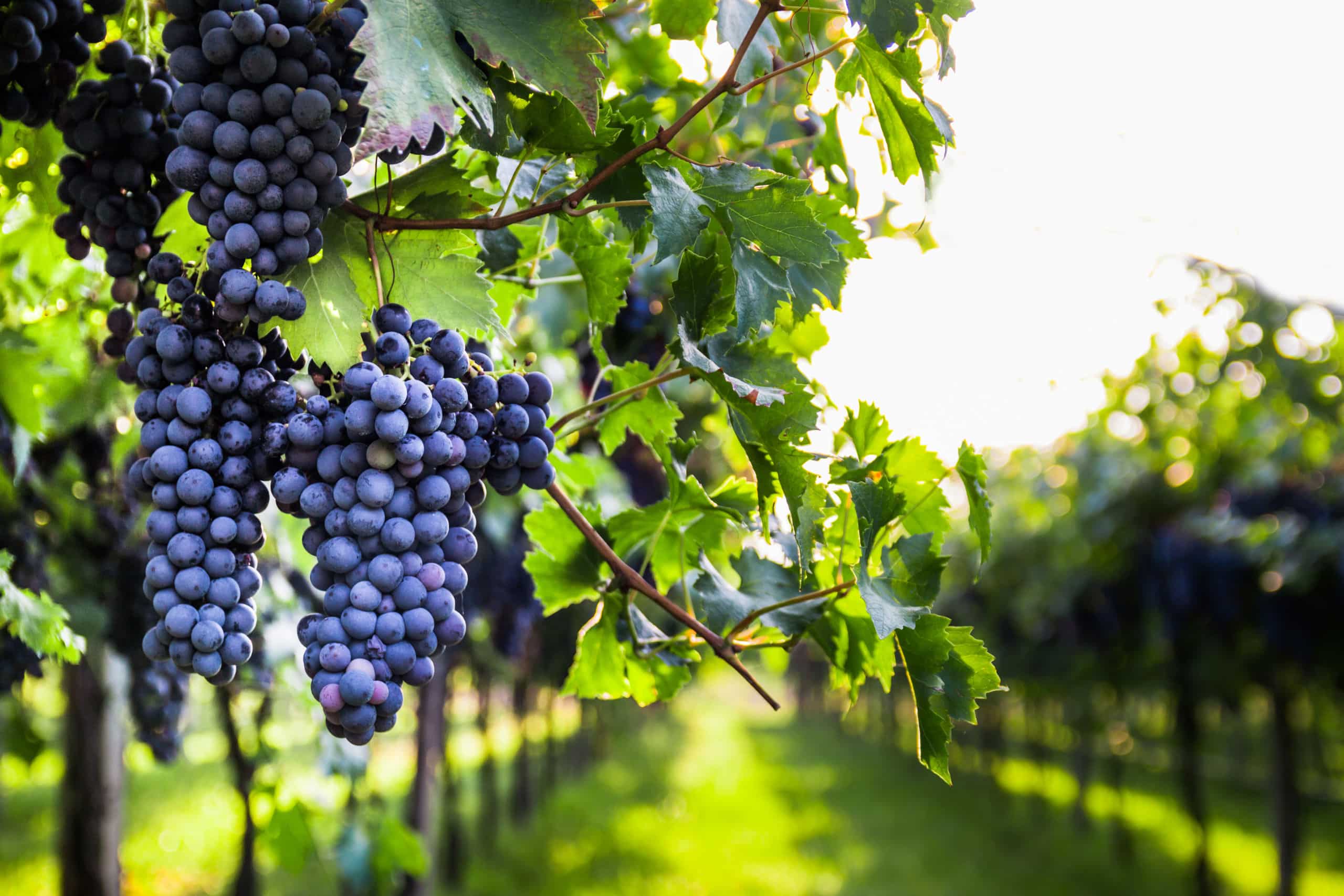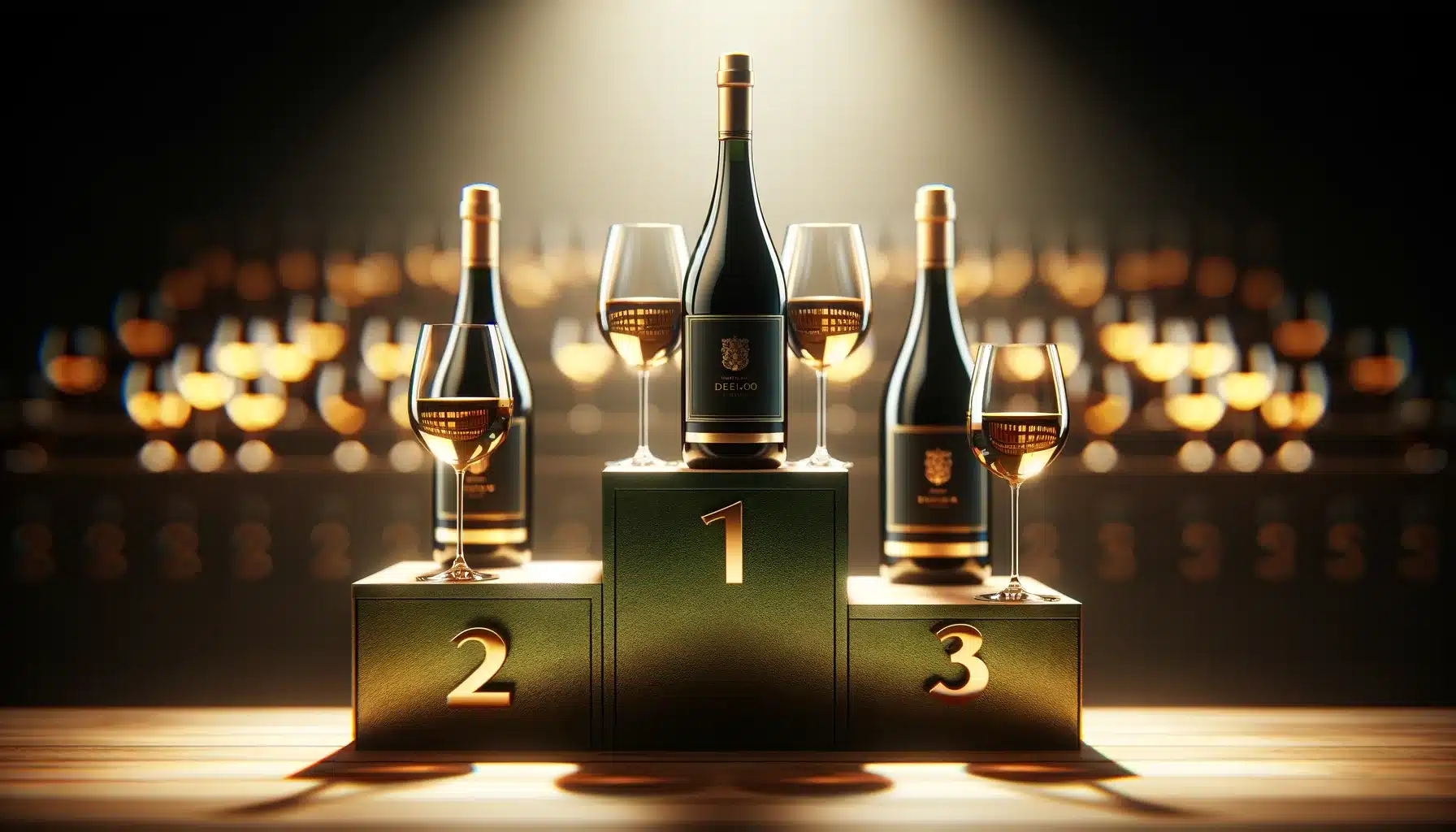
Contents
Screw cap or cork? Today, the capsule has a very bad reputation, whereas the cork stopper seems to be universally acclaimed as a necessary guarantee of quality.
However, the screw cap does have its advantages, and depending on the occasion, it may prove more useful than the cork.
A screw cap that doesn’t deserve such a bad reputation
Since the 1970s, plastic screw caps have been developed, particularly in New World producer countries. In the 2000s, in response to the shortage of expensive cork, the first plastic screw caps were put into circulation.
Associated with poor-quality wines in France, the screw cap, whether synthetic or aluminum, has a bad reputation. One of the reasons for this is that screwcaps are not designed for ageing wines, but rather for young, everyday wines.
However, the screw cap has many advantages, such as :
- Lower production costs than cork.
- No risk of cork taint in a bottle (no corked wine).
- Easy to open, no need for a corkscrew. Rather practical for wines that are commonly consumed. What’s more, the bottle is easy to close.
- Bottle can be stored vertically, so there’s no risk of the cork drying out.
- Less sulphur in wines, less risk of premature oxidation.
- The wines’ freshness is better preserved (particularly for wines less than 2 years old), which is its main advantage.
A cork that remains more prestigious
That said, we can’t take anything away from the prestige of the cork and the ceremonial that goes into uncorking a bottle.
Among other things, cork has many qualities:
- It does not disintegrate over time
- It is fire- and water-resistant, and provides thermal, acoustic and vibration insulation.
- It promotes gas exchange and allows the wine to breathe without excess or deficiency. Among other things, it guarantees the authenticity of the wines’ taste.
What’s more, the whole ritual surrounding the cork testifies to an authenticity and know-how that can’t be replaced. For example, there’s a pleasant “PAW” sound when uncorking, a pleasant, natural material reminiscent of bygone days, and a distinctive smell (both of the cork and of the wine that has impregnated it).
The cork stopper has always been the traditional part used to close bottles. The screw cap has a much shorter history, but that doesn’t mean it’s a guarantee of mediocre quality for the wines it seals.
Photo by Mockaroon / Unsplash




